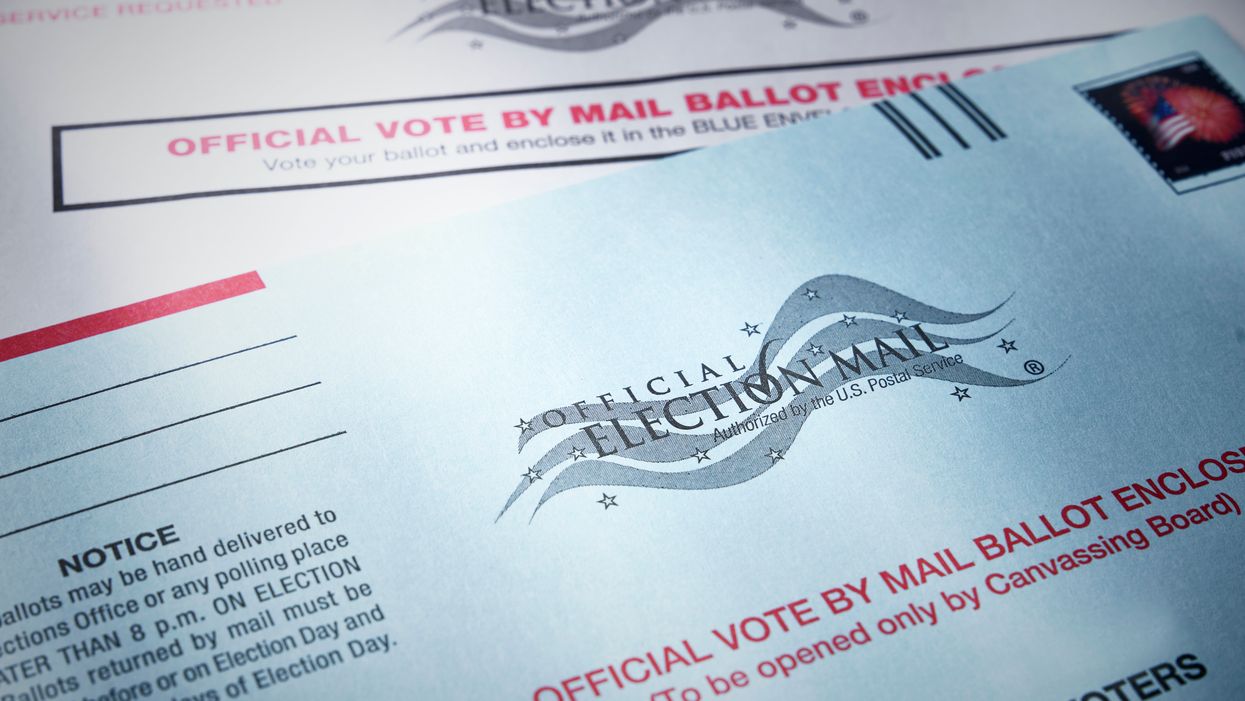Voting by mail does not help Democrats more than Republicans and does not incubate fraud — but does generate a bit more turnout, a pair of academic studies out Thursday conclude.
The twin reports, one from Stanford and the other from the Union of Concerned Scientists, come as the debate about making elections more flexible in the face of the coronavirus has become increasingly partisan.
Although voting in person, the method used by three-quarters of Americans before this year, currently poses serious health risks to both voters and poll workers, President Trump is opposing efforts to broadly expand absentee balloting by November. He says the GOP will suffer and that a wave of widespread cheating will be the major reason.
There's no evidence of such partisan advantage in the detailed results from the past dozen elections in California, Utah and Washington. They were analyzed by the Democracy and Polarization Lab at Stanford, which chose the states because each steadily expanded voting by mail, county by county, in the last two decades so that it is now nearly universally used.
The data showed "a truly negligible effect" on partisan turnout rates when comparing the counties with and without the system, the researchers said. The effect on partisan vote share was similarly indistinguishable from zero. But the switch did boost turnout modestly across the board in each state, by 1.9 to 2.4 percentage points.
The data includes every election from 1996 to 2018, so the results could not be more current.
The effort to debunk the view that mail balloting fuels election fraud was conducted by the Union of Concerned Scientists with researchers at UCLA and the University of New Mexico. "Voter fraud in U.S. elections continues to be extremely low, and people should not be forced to put their health at risk to exercise their right to vote," their report concluded.
The report was based on an exhaustive aggregation of government and nonprofit group studies about election crime going back four decades. It made extensive use of a database of cases between 1982 and this spring assembled by the Heritage Foundation, the premier conservative think tank. It has found just 207 fraudulent absentee ballot cases out of 1,277 instances of credible voter fraud — or 16 percent of the total.
The social scientists noted that in Oregon, the first of five states to institute a system where every voter is proactively sent a mail-in ballot for every primary and general election, more than 2 million votes were cast in the 2016 presidential election — and after investigating 56 cases of possible fraud, the state concluded just 10 ballots were cast in violation of state criminal law.




















Trump & Hegseth gave Mark Kelly a huge 2028 gift